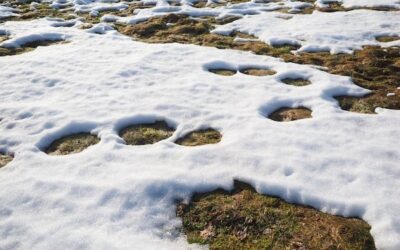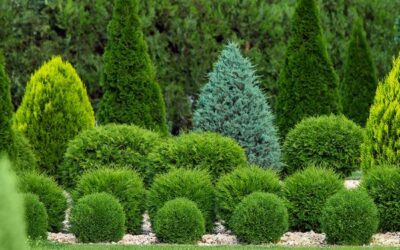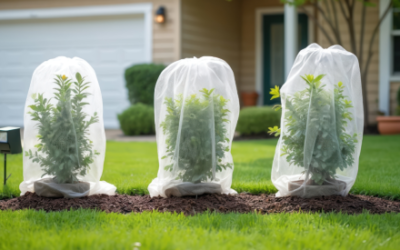A lush, vibrant garden is the ultimate goal for many gardeners, whether they are growing flowers, vegetables or both. One essential aspect of achieving this goal is providing your plants with the right nutrients at the right time. In other words, a proper fertilizing schedule is crucial. In this post, we will discuss the best fertilizing schedule for your garden to ensure optimum growth and health of your plants.
Understanding the Importance of Fertilizing
Before we dive into the fertilizing schedule, it is important to understand the significance of fertilizers in your garden. Fertilizers are substances that supply essential nutrients to plants, promoting growth and overall health. There are three primary nutrients in fertilizers: nitrogen, phosphorus, and potassium. Each of these nutrients plays a vital role in plant growth and development:
1. Nitrogen is essential for proper growth and development of plant foliage. It is responsible for the green color of leaves and stems.
2. Phosphorus is crucial for the development of a strong root system, as well as flowering and fruiting in plants.
3. Potassium is important for overall plant health, helping to regulate water balance, improve disease resistance, and support photosynthesis.
The Best Fertilizing Schedule for Your Garden
Now that we have established the importance of fertilizing, let’s delve into the ideal fertilizing schedule for your garden. Keep in mind that various factors, such as soil type, climate, and the type of plants you are growing, will affect the specific fertilizing schedule that works best for your garden. However, the following general guidelines will provide a strong foundation for creating a fertilizing schedule tailored to your garden’s needs.
1. Early Spring
As your plants emerge from their winter dormancy, they will need a boost of nutrients to jumpstart their growth. Apply a balanced, slow-release fertilizer to your garden in early spring, just as new growth begins. This will provide your plants with a steady supply of nutrients throughout the growing season.
2. Mid-Spring
As your plants continue to grow and flower, their nutrient demands will increase. Around six to eight weeks after your initial fertilization, apply another round of balanced, slow-release fertilizer to ensure that your plants have a continuous supply of nutrients to support their growth and development.
3. Late Spring/Early Summer
As temperatures rise and your plants enter their peak growing season, it’s essential to provide them with an additional boost of nutrients, especially nitrogen. Apply a high-nitrogen fertilizer to your garden during this time to promote healthy foliage growth and maintain the overall health of your plants.
4. Mid-Summer
By mid-summer, your plants will likely have exhausted the nutrients from their previous fertilizations, and may show signs of nutrient deficiency. To keep your plants healthy and thriving, apply another round of balanced, slow-release fertilizer.
5. Late Summer/Early Fall
As the growing season begins to wind down, it’s essential to provide your plants with the nutrients they need to prepare for winter dormancy. Apply a high-phosphorus fertilizer to your garden during this time to promote strong root growth and development, as well as to support flowering and fruiting in plants.
6. Late Fall
Finally, as your plants enter their winter dormancy, it’s important to give them one last boost of nutrients to help them survive the colder months. Apply a balanced, slow-release fertilizer to your garden in late fall, just before the first frost.
A proper fertilizing schedule is essential for maintaining a healthy and thriving garden. By following the guidelines outlined in this post, you can ensure that your plants receive the essential nutrients they need to grow strong and healthy throughout the growing season. Remember to tailor your fertilizing schedule to the specific needs of your garden, taking into account factors such as soil type, climate, and the types of plants you are growing. Happy gardening!
To get help from trained professionals, look no further than Jack’s Lawn Care & Landscaping. Let our team help you with fertilization, weed control services, and so much more!



